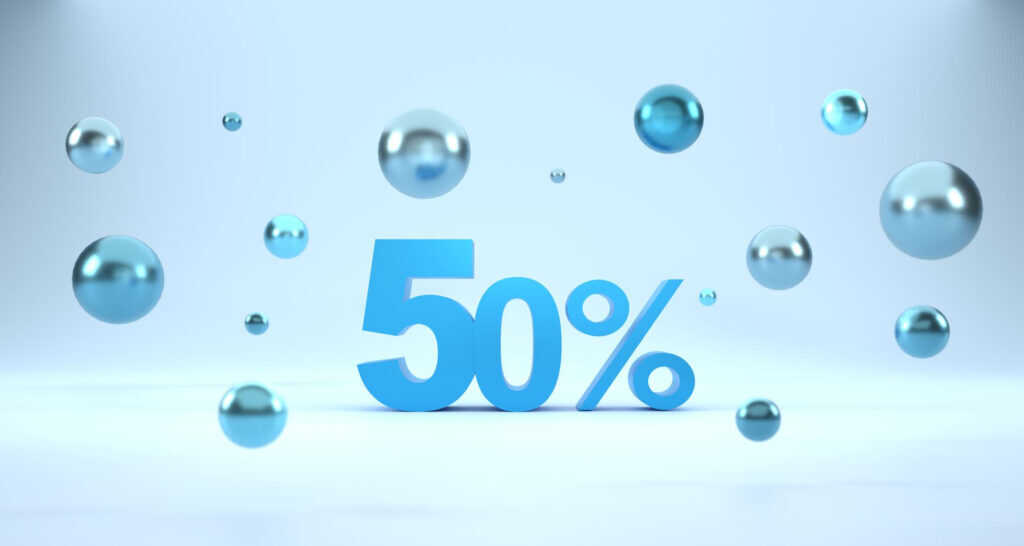What Every Entrepreneur Should Know About Pool Chemistry
Discover essential insights on pool chemistry for entrepreneurs, enhancing your business’s performance and customer satisfaction.
Understanding pool chemistry is crucial for entrepreneurs in the pool service industry. Properly balanced pool water not only ensures the safety and comfort of swimmers but also enhances the longevity of the pool equipment. This blog post will explore the basics of pool chemistry, its significance for business success, common chemical treatments, and best practices for maintaining optimal water quality. Whether you are starting your journey with pool routes for sale or looking to improve your existing services, this comprehensive guide will provide the knowledge you need to thrive.
The Importance of Pool Chemistry for Entrepreneurs
– Customer Satisfaction: A well-maintained pool with balanced water chemistry will attract more customers, as clear and inviting water enhances the overall swimming experience. Customers are more likely to return to a pool where they feel safe and comfortable.
– Equipment Longevity: Proper chemical balance prevents corrosion and scaling of pool equipment, ultimately saving entrepreneurs costly repairs and replacements. A solid understanding of chemistry helps in mitigating these issues effectively.
– Regulatory Compliance: Pool service providers must comply with local health regulations regarding water quality. Knowledge of pool chemistry ensures adherence to these standards, avoiding potential legal issues.
– Reputation: A reputation for excellence in pool maintenance can set a business apart from competitors. Knowledgeable service providers who understand the intricacies of pool chemistry foster trust and reliability among clients.
In summary, a solid grasp of pool chemistry is not just a technical necessity; it is a cornerstone of customer satisfaction and business success.
Key Components of Pool Chemistry
Understanding the key components of pool chemistry is essential for effective maintenance. Here are the primary factors:
– pH Levels: The pH scale measures the acidity or alkalinity of the water, ranging from 0 (very acidic) to 14 (very alkaline). Ideally, pool water should maintain a pH level between 7.2 and 7.8.
– Low pH can lead to skin irritation and corrosion of metal equipment.
– High pH can cause scale formation and cloudy water.
– Chlorine Levels: Chlorine is the most common disinfectant used to kill bacteria and algae in pools. The ideal level of free chlorine in a pool should be between 1 to 3 ppm (parts per million).
– Alkalinity: Alkalinity acts as a buffer for pH levels, helping to stabilize them. The optimal total alkalinity range is between 80 to 120 ppm.
– Calcium Hardness: This measures the amount of calcium dissolved in the water. The ideal range for calcium hardness is between 200 to 400 ppm. Low levels can cause corrosion, while high levels can cause scaling.
– Cyanuric Acid: Often referred to as a stabilizer, cyanuric acid protects chlorine from being broken down by sunlight. The recommended level is between 30 to 50 ppm.
It’s important for entrepreneurs to regularly test these chemical levels to ensure a safe and enjoyable swimming environment. Utilizing professional testing kits or services can simplify this process.
Common Treatments and Their Applications
Once you understand the components of pool chemistry, it’s crucial to know how to treat them effectively. Here are some common treatments:
1. Shock Treatments: Shocking a pool involves adding a high dose of chlorine or other chemicals to eliminate contaminants and restore water clarity. This can be done after heavy usage or rain, or when the water appears cloudy.
2. Algaecides: These products are designed to kill algae and prevent its growth. Regularly applying algaecides can save entrepreneurs the hassle of dealing with algae blooms.
3. pH Adjusters: Depending on the water’s pH level, either an acid (like muriatic acid) or a base (like sodium carbonate) may be added to correct it.
4. Water Clarifiers: These help to clear cloudy water by causing tiny particles to clump together, making them easier to remove through filtration.
5. Stabilizers: Adding cyanuric acid can protect chlorine from sunlight degradation, which is especially important for outdoor pools.
6. Calcium Increasers: If calcium hardness is low, calcium chloride can be added to prevent equipment corrosion.
Understanding when and how to apply these treatments is key to maintaining optimal pool chemistry, which can be a significant selling point for services offered by entrepreneurs.
Best Practices for Entrepreneurs in Pool Maintenance
To ensure optimal pool chemistry and enhance your service offerings, consider the following best practices:
– Regular Testing: Schedule consistent water testing – at least once a week during peak seasons. This will help in maintaining balanced water chemistry and identifying issues early on.
– Educate Your Clients: Provide clients with information about the importance of maintaining proper pool chemistry. This can foster stronger relationships and encourage them to rely on your expertise.
– Use Quality Products: Invest in high-quality chemicals and equipment. The effectiveness of treatments can hinge on the quality of the products used.
– Document Procedures: Keep detailed records of all maintenance performed, including chemical levels and treatments applied. This documentation can be valuable for tracking changes and providing proof of service.
– Stay Updated: The pool industry is continually evolving. Staying informed about new products, techniques, and regulations can enhance your business’s reputation and reliability.
By adopting these practices, entrepreneurs can effectively manage pool chemistry, leading to satisfied customers and a successful business.
Expanding Your Pool Service Business with Superior Pool Routes
For entrepreneurs looking to enter the pool service industry or expand their existing business, pool routes for sale offer an excellent opportunity. Superior Pool Routes provides a structured path for acquiring established customer accounts, reducing the lead generation burden.
– Quick Account Acquisition: Accounts are guaranteed to be provided within ten days, allowing entrepreneurs to begin servicing clients quickly.
– Unmatched Training and Support: Superior Pool Routes offers extensive training through their Pool Routes Training program, ensuring entrepreneurs feel confident and well-prepared.
– Affordable Pricing: With pricing structures designed to be cost-effective, entrepreneurs can start their business without breaking the bank.
– Expert Guidance: With nearly 20 years of experience in the industry, the team at Superior Pool Routes is dedicated to supporting entrepreneurs in every step of their journey.
By leveraging these resources, new and existing pool service providers can significantly enhance their business prospects and customer satisfaction.
Conclusion
In conclusion, understanding pool chemistry is an essential aspect of running a successful pool service business. By mastering the key components of pool chemistry, employing effective treatment methods, and adhering to best practices, entrepreneurs can ensure customer satisfaction and equipment longevity. Additionally, exploring opportunities through Superior Pool Routes can provide a solid foundation for growth in the industry. Whether you are starting a new venture or enhancing your existing operations, knowledge of pool chemistry is a critical tool for success. Take the leap into this rewarding field, improve your skills, and watch your business thrive!



